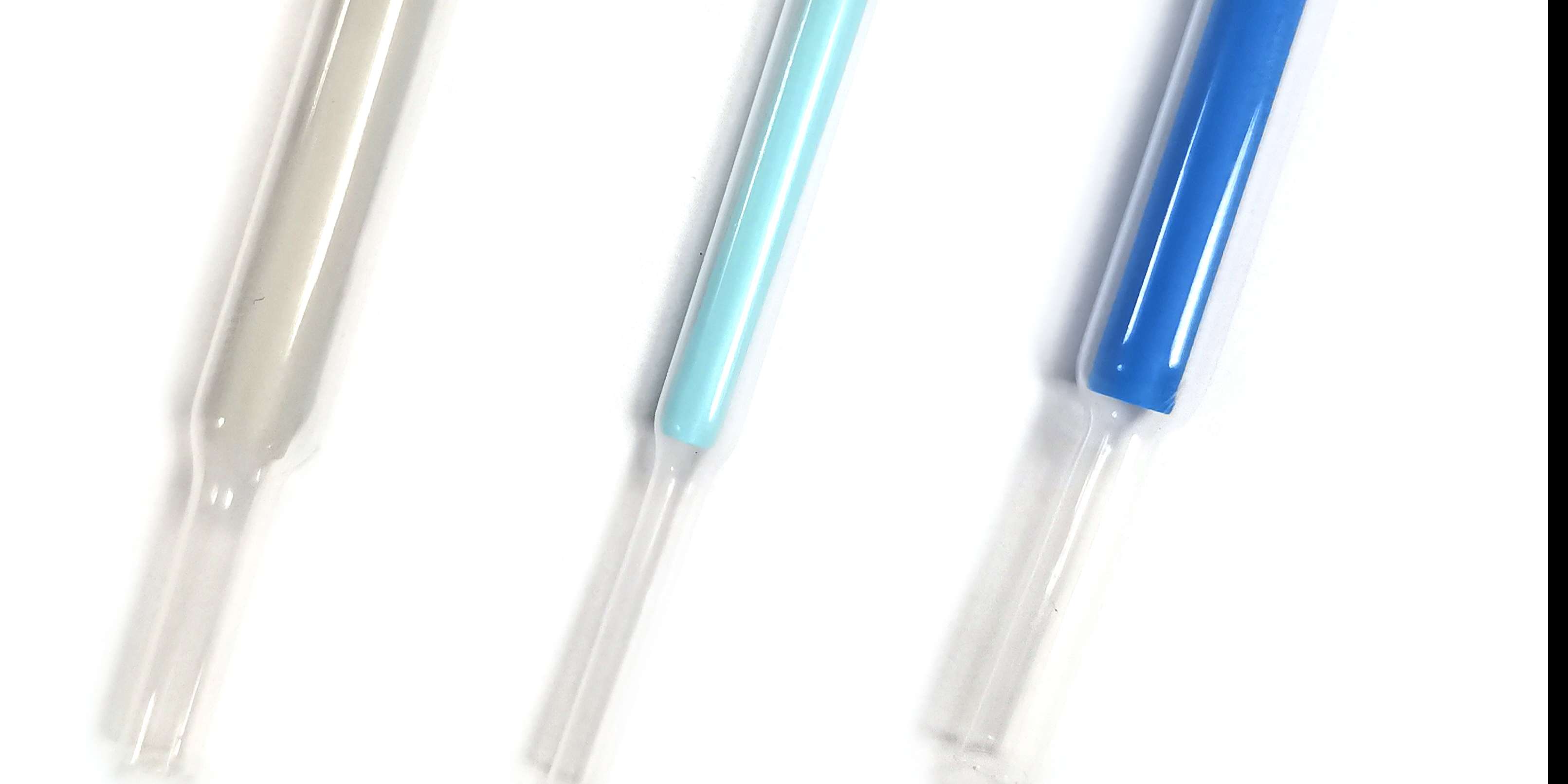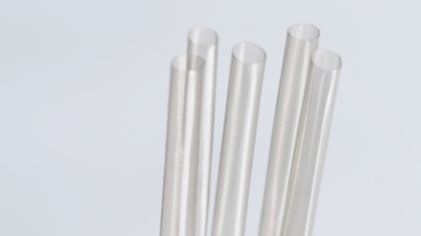Gastrointestinal (GI) procedures are vital for diagnosing and treating a wide range of conditions affecting the digestive tract. These procedures not only offer hope for patients with life-threatening diseases like cancer but also improve the quality of life for those suffering from chronic conditions. As a leading contract manufacturing organization (CMO), Ecopolymer has been at the forefront of innovations that enhance these critical procedures. Let's explore some common GI procedures and the pivotal role of medical devices in them.
Endoscopic Mucosal Resection (EMR): This procedure is committed to removing cancerous or abnormal tissues from the digestive tract, particularly significant for early-stage cancers or precancerous conditions. It relies on flexible endoscopes equipped with high-definition cameras and advanced lighting systems, as well as specialized devices like snares or cap-fitted endoscopes, complemented by precision catheters designed to elevate lesions for easier removal.
Endoscopic Submucosal Dissection (ESD): As an advanced version of EMR, ESD allows doctors to remove larger or deeper lesions, including muscle layers, to combat more complex conditions. This technique uses endoscopes equipped with professional knives and delicate operation tools to ensure precise removal of targeted tissue, with catheters playing a crucial role in solution injection and maintaining open surgical pathways.
Endoscopic Retrograde Cholangiopancreatography (ERCP): ERCP combines endoscopic and fluoroscopic techniques, specifically designed to treat diseases of the liver, gallbladder, bile ducts, and pancreas. The procedure employs specialized endoscopes fitted with catheters and guidewires for injecting contrast agents for X-ray imaging, and stents may be deployed to clear or bypass blockages, demonstrating the versatility of these devices.
Endoscopic Ultrasound (EUS): EUS merges endoscopy with ultrasound technology to provide high-definition images of the digestive tract and adjacent organs. It is crucial for assessing conditions like chronic pancreatitis and pancreatic cysts, which might be elusive to other diagnostic methods. EUS uses specialized endoscopes with built-in ultrasound probes and facilitates biopsies through fine-needle aspiration, requiring specialized needles for tissue sampling.
Diagnostic Procedures: These procedures encompass various techniques, including endoscopies and colonoscopies, to diagnose gastrointestinal issues. They typically use standard and colon-specific endoscopes, complemented by biopsy tools or brushes for tissue collection, highlighting the critical role of these devices in diagnostics.
Ecopolymer: Your Partner in GI Clinical Specialty Innovations
Understanding these procedures underscores the necessity for high-quality, innovative medical devices such as catheters. At Ecopolymer, we specialize in creating components that not only meet but exceed the requirements of these advanced procedures. Our expertise in polymer extrusion, tubing, and secondary operations, coupled with our commitment to precision and excellence, makes us the preferred CMO for end-to-end medical device solutions in the GI clinical specialty.


Contact us
As a leading Contract Manufacturing Organization (CMO), we excel in custom medical catheters and membranes, from prototyping to mass production. Our focus: unparalleled R&D innovation and rigorous quality validation.





